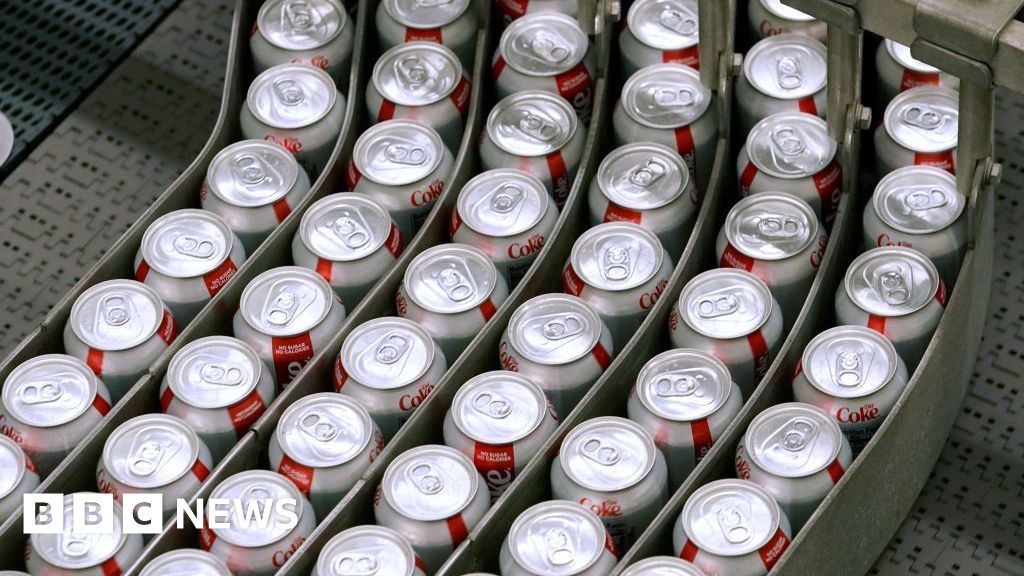
One of our DBUNK subscribers submitted this fact check request. You can submit fact check requests for free, and we will investigate and publish the results.
A recent BBC News article reports that President Donald Trump is reintroducing a 25% tariff on imported steel and aluminum, potentially leading to increased costs for various consumer goods. While the report raises valid concerns, does it provide the full story?
Missing Context: The Scope of Price Increases
One of the central claims in the article is that everyday items like canned goods, autos, and appliances will become more expensive due to rising metal costs. While higher material prices can contribute to price increases, the actual impact on consumers remains uncertain.
For example, the article references Morningstar’s 2018 estimate that auto prices rose by roughly 1% or $300 due to tariffs. However, it does not compare this to broader inflationary pressures or other factors impacting costs, such as changes in consumer demand and supply chain disruptions.
The piece also states that TD Economics predicts that cars could increase by $3,000 if tariffs on all Canadian and Mexican imports go into effect. While this is possible, the article fails to clarify that these tariffs have not yet been finalized and could be subject to further negotiation.

Misrepresentation: No Exemptions & Alternative Supply Chains
The article repeatedly asserts that Trump’s new tariffs won’t include exemptions, yet it downplays the potential for last-minute policy adjustments. Historically, U.S. administrations have revisited tariff implementations, offering sector-specific relief when necessary. This is a factor not fully acknowledged in the report.
Additionally, can manufacturers and automakers have had years to adapt their supply chains since the first round of tariffs in 2018. The article’s suggestion that costs will inevitably surge due to these policies does not fully consider how companies might absorb costs, switch suppliers, or find alternate solutions.

Final Verdict: Missing Key Economic Variables
The BBC article provides some accurate information about Trump’s tariffs and potential cost increases but lacks critical economic context. It focuses primarily on worst-case scenarios without fully addressing offsetting factors such as corporate adjustments, economic trends, and potential policy revisions.
So, if you’re wondering, how much more will you actually pay for canned food, cars, and appliances? The truth is, pricing is affected by multiple forces, not just tariffs. While it’s reasonable to expect modest increases in some sectors, companies have options to mitigate price hikes, and the full impact may take months—or even years—to materialize.
Our journalists at DBUNK will continue fact-checking claims that shape your day-to-day life. If you’re frustrated with misinformation, download the DBUNK app and get the truth in real-time.


